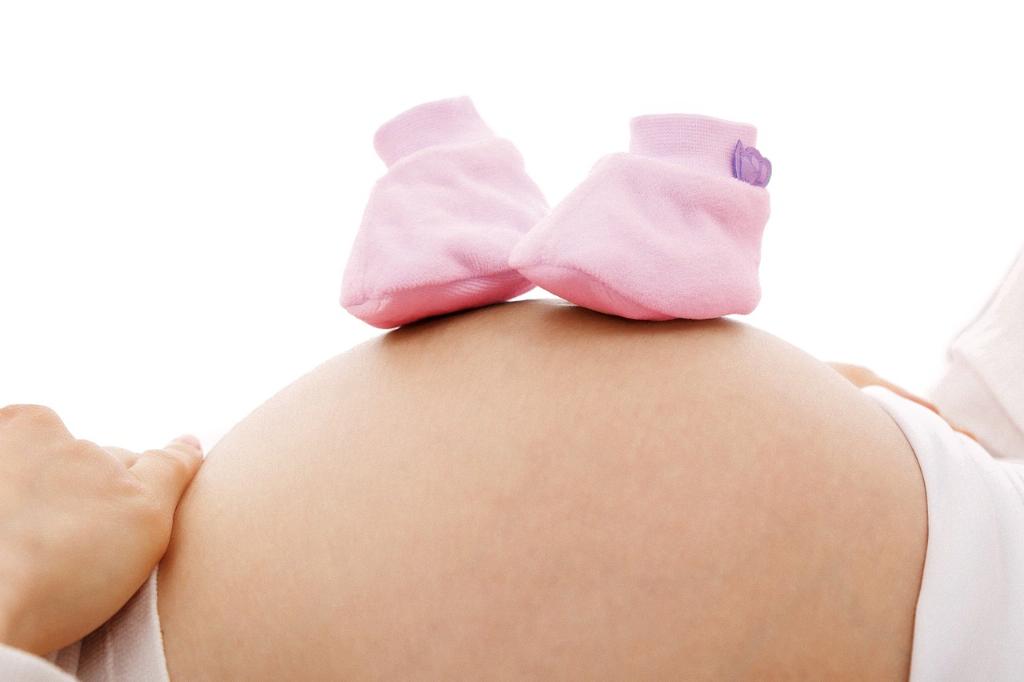Many pregnant women often wonder whether it is safe to get henna on their belly during pregnancy. With the rise in popularity of prenatal henna, it’s important to understand the potential risks and benefits associated with this ancient practice.
Prenatal Henna and Pregnancy
Prenatal henna, also known as mehndi, is a traditional form of body art that involves applying a paste made from the leaves of the henna plant to the skin. It is often used to create intricate designs on the hands and feet, but some women choose to adorn their pregnant bellies with henna designs as well.
Timing of Prenatal Henna
While prenatal henna can technically be done at any time during pregnancy, many women opt to have it done in their third trimester, typically around 36 weeks gestation. At this stage, the baby is fully developed, and the risk of complications is lower compared to earlier in the pregnancy.
Benefits of Prenatal Henna
For many expectant mothers, getting henna on their belly can be a meaningful and beautiful way to celebrate and honor their pregnancy. The intricate designs can symbolize fertility, protection, and blessings for the mother and baby.
Potential Risks to Consider
While henna is generally considered safe for most people, including pregnant women, there are some potential risks to be aware of. It’s important to use natural, pure henna paste that does not contain harmful additives or chemicals.
Allergies and Skin Sensitivities
Some individuals may be allergic to henna and experience skin reactions such as itching, redness, or swelling. Pregnant women should always do a patch test before getting a prenatal henna design to ensure they do not have any adverse reactions.
Quality of Henna Paste
It’s crucial to source high-quality henna paste from a reputable supplier to minimize the risk of any adverse effects. Avoid black henna, which often contains harmful chemicals like para-phenylenediamine (PPD) that can cause severe skin reactions.
Application and Removal Process
Proper application and removal of henna paste are essential to prevent any skin issues. Pregnant women should ensure that the henna artist is experienced and follows hygienic practices during the application process.
Consultation with Healthcare Provider
Before getting prenatal henna, pregnant women should consult with their healthcare provider to ensure that it is safe for them and their baby. They can discuss any potential concerns and receive personalized advice based on their medical history.
Conclusion
In conclusion, prenatal henna can be a safe and beautiful way for pregnant women to celebrate their pregnancy. By taking necessary precautions, including using high-quality henna paste and consulting with a healthcare provider, expectant mothers can enjoy the artistry and symbolism of henna on their belly with peace of mind.

